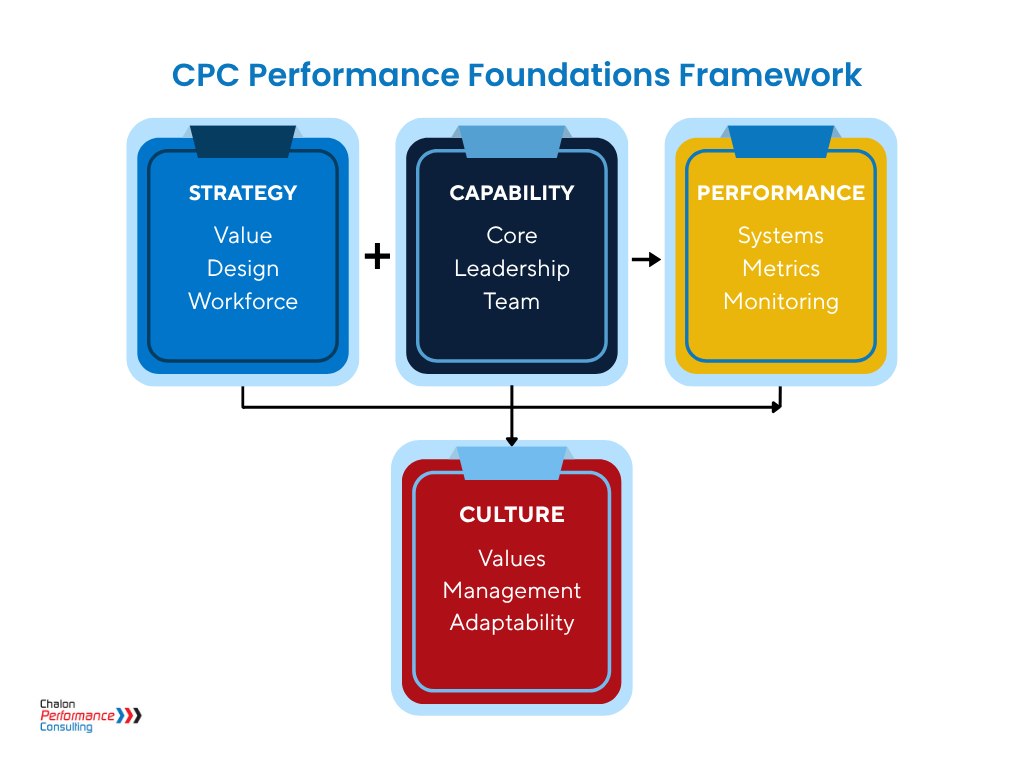Culture should support its mission and strategy. Purpose has recently become a critical component of running a business, serving as the guidance and impetus for all firm actions. However, there is often a significant disconnect between a firm’s purpose and what its people experience; therefore a simple communication campaign touting the excellent new company purpose won’t suffice. Apart from goal and strategy, we’ve all understood for a long time that company culture is crucial. Despite this, some companies frequently overlook culture in favour of purpose and strategy. As a leader, Joly strongly believes that “a tight connection between purpose, strategy, and culture is critically important because culture plays such a powerful role in making purpose and strategy come to life”.
The purpose-strategy-culture triangle
In Joly’s experience, “when purpose, strategy, and culture are all in sync and reinforce one other, magic happens”. Employees must be willing and able to use their individual and collective brilliance to support the company’s mission and strategy. Joly thinks of purpose, strategy, and culture as a triangle; where “each angle is connected to and forms the other two, and if one changes, the other two must evolve and adjust to maintain balance and shape, or the triangle will break and fall apart”. Which ‘angle’ you concentrate on first or at any given time is entirely dependent on the situation.
A simple, powerful idea
A proven scientific method dramatically enhances the productivity, openness, and success of the organisation. Moreover, the scientific method also provides systematic, measurable changes both in the short term and over time. It also allows for a much more in-depth examination of an organisation’s culture. Not only that, it enables you to identify problems in teams, departments, and individuals which are essential for a successful business. It’s a magical moment to witness when culture becomes a driving force and creates and nurtures the very value system of the individuals within the business. Your company culture should support its mission and strategy.
Shaping an effective culture
Leaders should look out for a lack of urgency. Moreover, they should be courageous enough to admit that there are areas for improvement. This indicates the need for insight and direction for refinement. Do not confuse staff contentment with a high-performance culture. A proper assessment should be done with the right tools and expertise.














